Audience
This course is suitable for program managers and technical sales, with a general IT background. These students want to learn about our offers, see how components are implemented, and ask questions about products and features. This course is primarily lectures and demonstrations. This course will help prepare someone for introductory cloud activities.
Job role: Administrator, AI Engineer, Data Analyst, Data Engineer, Data Scientist, Database Administrator, Developer, Security Engineer
Prerequisites
There are no prerequisites for taking this course. Technical IT experience is not required, however, some general IT knowledge or experience would be beneficial
Skills Gained
After completing this course, students will be able to:
• Understand general cloud computing concepts
• Understand core services available with cloud technology
• Understand security, privacy, compliance, and trust with cloud technology
• Understand pricing and support models available with cloud technology
Course outline
Module 1 – Introduction
· Getting started with the cloud technology
Module 2 – Microsoft Azure Fundamentals
· Microsoft Azure Management Tools
· Virtual Machines in Microsoft Azure
· Web Apps and Cloud Services
· Creating and Configuring Virtual Networks
· Cloud Storage
· Microsoft Azure Databases
· Creating and Managing Azure AD
Module 3 – Amazon Web (Aws) Services Business Essentials
· Leveraging AWS for competitive advantages
· Cloud economics
· Security and compliance
· Migrating to the cloud
Module 4 – Amazon Web (Aws) Services Technical Essentials
· Basic Services of AWS: EC2, VPC, S3, EBS
· Security, Identity and Access Administration on AWS: IAM
· Data Bases on AWS: RDS, DynamoDB
· AWS Administration Tools: Auto Scaling, CloudWatch, Elastic Load Balancing, Trusted Advisor
Module 5 – Google Cloud Platform Fundamentals
· Google Cloud Platform Services
· Examples of Using Google Cloud Platform
· Interacting with Google Cloud Platform
· Getting Started with Projects
· Google Compute Engine
· Google Container Engine
· Google App Engine.
· Google Cloud Datastore
· Google Cloud Storage
· Google Cloud SQL
· Google BigQuery
· Support and Resources
Schedule
Click on the following link to see the current Course Schedule
Our minimum class-size is 3 for this course.
If there are no scheduled dates for this course, it can be customized to suit the time and skill needs of clients and it can be held online, at a rented location or at your premises.
Click on the following link below to arrange for a custom course: Enquire about a course date


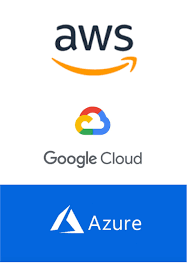
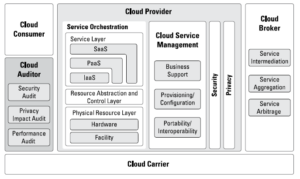
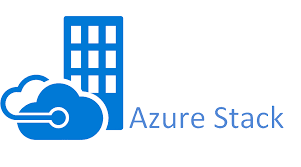
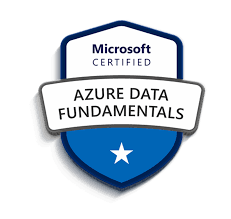
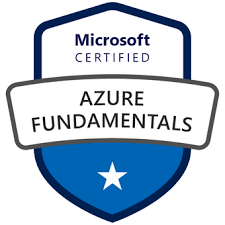
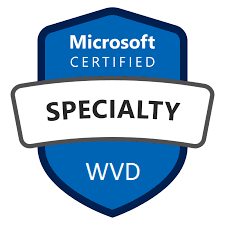
Reviews
There are no reviews yet.